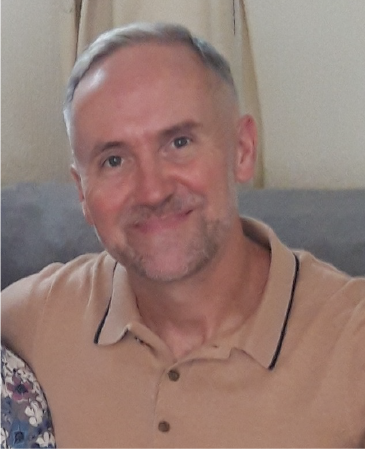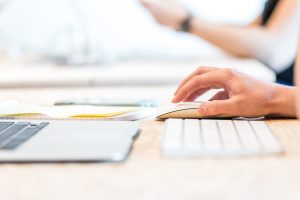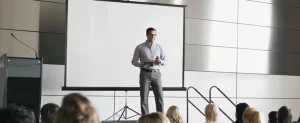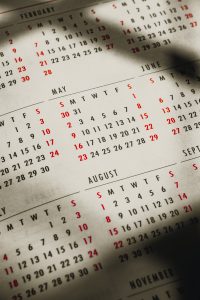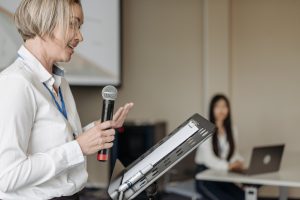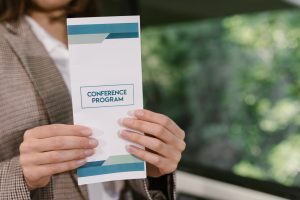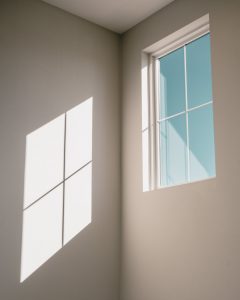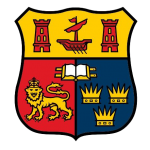
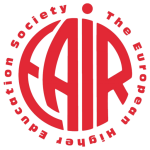
EAIR Forum Cork 2024
Track 2: Innovation in Teaching and Learning and sustainable professional practice
Track Chairs: Professor Paul McSweeney, Professor Matt O’Leary
The world is changing. Our society, environment, economy, and labour markets are transforming at a rapid pace, and this has been further accelerated by the impact of global pandemics and of changing climate and migration patterns. Higher Education has been identified as a key actor in ensuring progress towards many of the targets outlined in the Sustainable Development Goals. The path towards a sustainable future requires curricula that are attuned and responsive to local and global challenges while being inclusive of all learners. This can be realised through implementing teaching and learning approaches that cultivate the knowledge, dispositions, and skills amongst graduates to empower them to take action in response to an uncertain and increasingly complex world.
This vision for teaching and learning brings us closer to the Brundtland definition of sustainable development where we aspire to “meet the needs of the present without compromising the ability of future generations to meet their own needs” (Brundltland, 1987). It requires us to move beyond disciplinary silos, to implement innovative teaching approaches that foster sustainability, to cultivate and recognise innovative practices amongst staff, and that we partner with a broader array of stakeholders. It requires that the organisation and enactment of learning and teaching be considerate of these broader contexts and that we work to ensure a more economically, environmentally, and socially sustainable model of Higher Education.
This track addresses questions such as:
- How might disciplinary contexts inform and shape how sustainability is interpreted and enacted and the consequent impact on emerging graduates.
- How can sustainability be embedded in the curriculum?
- How can the strategic development of teaching and learning practices anticipate and respond to future requirements?
- What strategies for professional development and sustainability of innovative teaching and learning practices are required, at macro, meso and micro levels?
- How sustainable are established concepts and norms of good practice in teaching and learning innovation?
Brundtland, G.H., 1987. Our common future: development that meets the needs of the present without compromising the ability of future generations to meet their own needs. World Commission on Environment and Development [WCED].
This track is chaired by:

Professor Paul McSweeney
